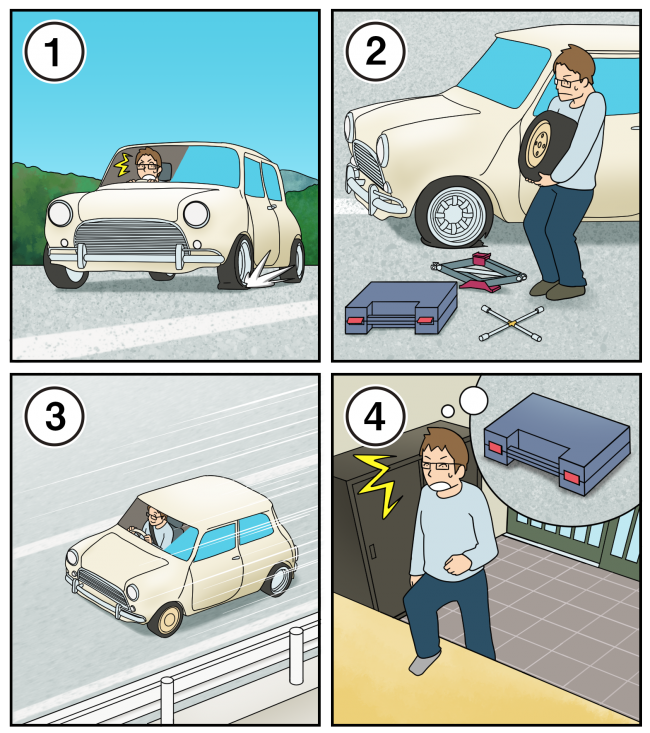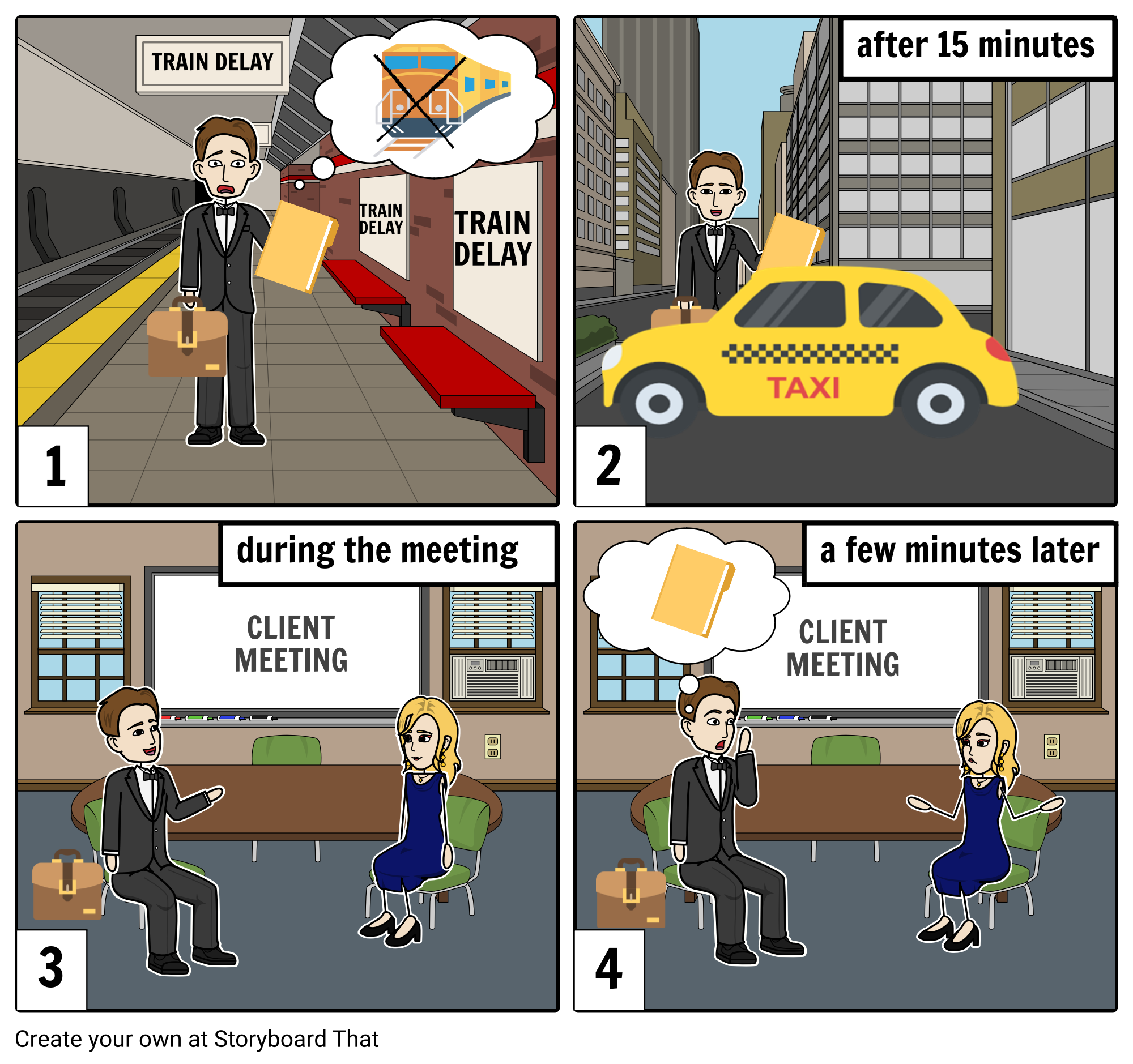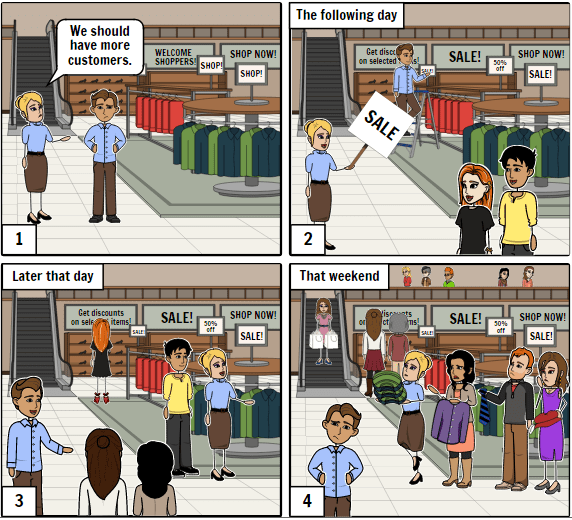1.How do you do?
2.What’s your first name?
3.What’s your family name?
4.Nice to meet you.
5.Did you watch TV last night?
6.How long did you watch TV?
7.What time did you get up this morning?
8.What time did you go to bed?
9.Were you sleepy last night?
10.What did you do last night?
11.Where did you go last weekend?
12.How did you go there?
13.Who did you go with?
14.Where were you last Sunday?
15.What were you doing at 8:00 last night?
16.What were you doing at school?
17.What did you eat for breakfast?
18.Will you study tonight?
19.Where will you go this Sunday?
20.Why will you go there?
21.What time will you go to bed tonight?
22.Do you like to read books?
23.What do you like to do?
24.What do you want to be in the future?
25.Where do you want to go in the future?
26.Why do you want to go there?
27.What do you like doing?
28.Which do you like better, soba or udon?
29.What season do you like the best?
30.Why?
All posts by weblio
[JHS] Questioning materials_4
1. What’s your name?
2.How old are you?
3.When is your birthday?
4.Where do you live?
5.How do you come to school?
6.What time is it?
7.What is the date today?
8.What day is it today?
9.Where are you from?
10.What sports do you play?
11.Are you a good baseball player?
12.Are you a high school student?
13.Are you busy?
14.Who is your best friend?
15.When do you take a bath?
16.What subject do you like?
17.What is your favorite color?
18.How tall are you?
19.Where is the library?
20.What time do you usually go to bed?
21.What are you doing now?
ビジネス教材リリースのお知らせ
お客さま各位
平素はWeblio英会話をご利用いただき誠にありがとうございます。

この度、ビジネス教材(Business materials)をリリースいたしました。
実践的にビジネスシーンで使える英語表現を学びたい方におすすめです。
https://eikaiwa.weblio.jp/information/material-list-regular#Business-materials
近日、追加の3教材をリリース予定です。
今後ともウェブリオ英会話をよろしくお願いいたします。
Weblio英会話サポート
customized GTEC_2
1. What is your name?
Answer:_______________________________
2. How long have you been going to school?
Answer:_______________________________
3. Why did you choose that school?
Answer:_______________________________
4. What is your favorite subject?
Answer:_______________________________
5. What subject are you not good at?
Answer:_______________________________
Take note of my responses as you will summarize them later.
1. What is your name?
2. What did you study in college?
3. Why did you choose that major?
4. What is the most popular major in your country?
5. How many percent of students go to college in your country?
My tutor’s name is _____________________.
__________________________________________.
__________________________________________.
__________________________________________.
__________________________________________.
Make a short story based on the series of pictures.
You have 20 seconds to prepare and 60 seconds to answer.

Give your reason on the following topic. You have 60 seconds to prepare and 60 seconds to answer.
| 1. | Some people say that the internet is more reliable than books. What do you think about that? |
| Answer: | _______________________________ |
| 2. | Some people say that gossiping is a bad habit to quit. What do you think about that? |
| Answer: | _______________________________ |
Grammar|英文法Lesson13 : Verb 2 動詞2
In this material, you will learn how to use present tense verbs to tell about yourself.
|
I am from ~
|
私は~出身です。
|
|
like
|
好き
|
|
Are you ~?
|
あなたは~ですか?
|
|
Where ~?
|
どこ~ですか?
|
|
What ~?
|
何~ですか?
|
|
subject
|
教科
|
|
TUTOR:
|
I am Sarah. I’m from the USA. |
|
STUDENT:
|
Hi, Sarah. Are you from New York? |
|
TUTOR:
|
No, I’m not. I’m from Seattle. |
|
STUDENT:
|
What Japanese food do you like? |
|
TUTOR:
|
I like ramen. |
|
STUDENT:
|
I like ramen, too! |
| Grammar 文法 |
Pronunciation 発音 | Vocabulary 単語 |
Comprehension 理解 |
|
|---|---|---|---|---|
 GOOD GOOD |
文法の誤りはほとんどなく、完全な文章で話すことができる | ほとんどの単語をはっきりと正しく発音することができる | 習った表現を適切に使うことができる | 文章を理解し、質問に正しく答えることができる |
 FAIR |
文法の誤りはあるが、完全な文章で話すことができる | 発音の練習が必要な言葉がいくつかある | たまにミスはあるが、習った表現を適切に使うことができる | 文章を完全に理解するのは難しく、質問に正しく答えられないときもある |
 POOR |
文章で話すのは難しく、単語だけで話すことができる | 発音の練習が必要である | 習った単語と表現を少しだけ使うことができる | 文章を理解するのは難しく、質問に答えるのは難しい |
レッスン教材の改善・拡充を図ることを目的とし、アンケートを実施しております。
以下のURLからアンケートにお答えいただき、 ご意見・ご要望をお聞かせください。
アンケートはこちら
Grammar|英文法Lesson12 : Verb 1 動詞1
In this material, you will learn how to use present tense verbs in sentences.
|
have
|
持っている
|
|
play
|
(スポーツを)する
|
|
like
|
好き
|
|
Do you ~ ?
|
あなたは~ですか?
|
|
Where ~ ?
|
どこ~ですか?
|
|
park
|
公園
|
|
TUTOR:
|
Hi, do you have a baseball? |
|
STUDENT:
|
No, I don’t. |
|
TUTOR:
|
What is that? |
|
STUDENT:
|
This is a tennis ball. It’s for playing tennis. |
|
TUTOR:
|
Where do you play tennis? |
|
STUDENT:
|
I play tennis in the park. |
| Grammar 文法 |
Pronunciation 発音 | Vocabulary 単語 |
Comprehension 理解 |
|
|---|---|---|---|---|
 GOOD GOOD |
文法の誤りはほとんどなく、完全な文章で話すことができる | ほとんどの単語をはっきりと正しく発音することができる | 習った表現を適切に使うことができる | 文章を理解し、質問に正しく答えることができる |
 FAIR |
文法の誤りはあるが、完全な文章で話すことができる | 発音の練習が必要な言葉がいくつかある | たまにミスはあるが、習った表現を適切に使うことができる | 文章を完全に理解するのは難しく、質問に正しく答えられないときもある |
 POOR |
文章で話すのは難しく、単語だけで話すことができる | 発音の練習が必要である | 習った単語と表現を少しだけ使うことができる | 文章を理解するのは難しく、質問に答えるのは難しい |
レッスン教材の改善・拡充を図ることを目的とし、アンケートを実施しております。
以下のURLからアンケートにお答えいただき、 ご意見・ご要望をお聞かせください。
アンケートはこちら
会話練習教材について
お客さま各位
平素はWeblio英会話をご利用いただき誠にありがとうございます。

この度、会話練習教材(Conversation materials)をリリースいたしました。
今までに学んだ単語や文法を使って、意見を述べる練習をしたい方におすすめです。
https://eikaiwa.weblio.jp/information/material-list-regular#Conversation-materials
近日、会話練習教材を追加予定です。
今後ともウェブリオ英会話をよろしくお願いいたします。
Weblio英会話サポート
[Training] 8/17
– へでいんぐ
- 箇条書き(数字でも点どちらでもOK)
- 箇条書き(数字でも点どちらでもOK)
- 箇条書き(数字でも点どちらでもOK)

Eiken Pre 1_3
Please look at the comics below and narrate the story.
Describe each picture in 3 sentences.
This is a story about a man who had to attend a client meeting.
You have 1 minute to prepare.
(1 minute to prepare)
You have 2 minutes to narrate the story.
Describe each picture in 3 sentences.
Your story should begin with the sentence below:
One day, a man was at the train station.

Please look at the fourth picture.
If you were the woman, what would you be thinking?
Now, I will ask you another question. Please give 2 reasons to support your answer.
Do you think Japan should improve its public transport?
Now, I will ask you another question. Please give 2 reasons to support your answer.
Do you think companies should be less strict with tardiness?
Now, I will ask you another question. Please give 2 reasons to support your answer.
Do you think it is important for a country to control its population growth?
Eiken Pre 1_2
Please look at the comics below and narrate the story.
Describe each picture in 3 sentences.
This is a story about two shop assistants who wanted to get more customers.
You have 1 minute to prepare.
(1 minute to prepare)
You have 2 minutes to narrate the story.
Your story should begin with the sentence below:
One day, two shop assistants were talking at their shop.

Please look at the fourth picture.
If you were the male shop assistant, what would you be thinking?
Now, I will ask you another question. Please give 2 reasons to support your answer.
Should shopping malls operate 24 hours a day?
Now, I will ask you another question. Please give 2 reasons to support your answer.
Do you think that employee shortage is a big problem in your country?
Now, I will ask you another question. Please give 2 reasons to support your answer.
Do you think that the government should increase the tax on alcoholic drinks?

